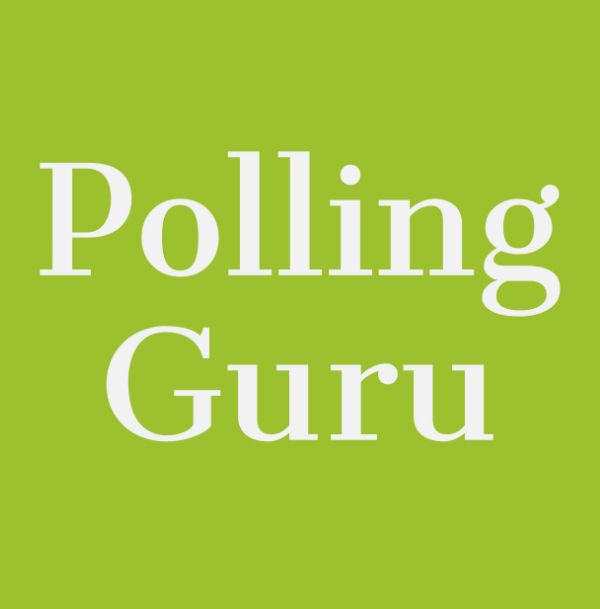Canadians underestimated the amount of holiday shopping they would do in December and their overspending produced significantly more debt. In fact 42% went over budget according to one poll. While this consumer spending may help the economy, it clearly has the potential for some negative consequences. As a second poll released today shows, many Canadians have non-mortgage debt and would like their partner to change their financial habits.
- In the lead up to the holidays, several polls (reported here) showed that Canadians expected to spend more than last year. A RetailMeNot survey reported that Canadians planned to spend $653 on gifts this year and a CIBC survey survey found that Canadians planned to spend $643 on holiday shopping (up 8% from last year). As it turns out, this was even an underestimate.
- In fact, an RBC poll conducted by IPSOS in early January found that 42% of Canadians spent more than they intended. Young people, those 18 to 34, were particularly likely to overspend (55% compared with 29% of those over 55 years). Overspending was not related to education or income but was associated with having children.
- Among those who did overspend, the average over budget was $529.30 (17% spent less than $100 and 42% spent less than $200 so the mean is driven up by some very large purchases).
- Credit cards were used by 33% of those who overspent to finance their holiday spending. Interestingly, credit cards were the finance vehicle of choice of those with higher household income (46% of those with HHI of $100,000 or more) while those with less income tended to rely more on cash. The challenge for those with lower household income that used cash is that they now feel they need to spend less on day-to-day living expenses to spend more.

The potential contribution of going over budget to non-mortgage debt is interesting in light of a BDO poll conducted around the same time. According to the survey, 66% of Canadians have at least some non-mortgage debt and 10% report having a lot of debt. Having debt is potentially a significant source of relationship friction as 30% report having hidden at least one aspect of their financial behaviour from their spouse/partner.
And, people with debt are significantly more likely to want to change at least one habit of their spouse or partner when it comes to financial decision making. Among those with no non-mortgage debt, 52% would change nothing about their spouse/partners financial habits but this goes to 36% among those with debt (29% among those with a lot of debt). The habits people in debt would like their partner to change are primarily around overspending and not saving.
The RBC poll showed that many Canadians are susceptible to going over budget on largely discretionary spending with the potential to impact debt levels. As interest rates rise, this non-mortgage debt could increasingly become a problem for Canadians to sustain, and this latter poll shows that this might be a source of friction in couples.

Sources:
Ipsos online poll conducted for RBC between January 2 and 5th, 2018 (n=2001). Link.
Ipsos online poll conducted for BDO Canada between January 2 and 4th, 2018 (n=1504). Link.


